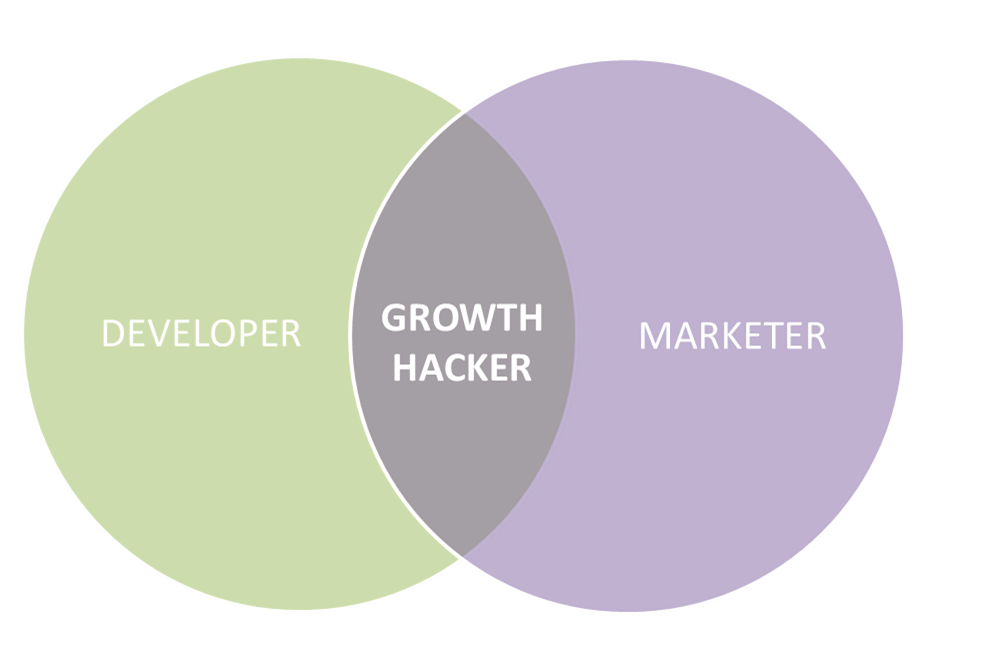Engagement Scope – CMO/Principal Consulting Analyst
Situation: The company needed to present a more polished presence online as they were ramping up sales.
Action: As CMO, developed company messaging, website, content, and events to portray client value.
Results: Digital marketing efforts are generating thousands of contacts that we are moving to customers of our subscription and project-based services.
Sample Marketing Content
Website

Corporate Overview
Service Collateral

eBook
Chrysalis Conference
The company plans and runs a client-focused conference annually. Our first “live” conference was held in 2019 and after canceling 2020 (COVID) we shifted to a virtual conference in 2021. This year we’re back to a live conference scheduled for November.
Premium Content
Consulting Engagements
CyberArk
Executed an effort to broaden CyberArk’s marketing strategy addressing Zero Trust Architectures (ZTA).
- Review and assess the CyberArk buyer’s journey, the content available, and how that may change with the planned direction.
- Make strategic/tactical recommendations with respect to CyberArk’s current and planned communications including website, and collateral materials based on the gaps identified in the buyer’s journey review.
- Development of an overarching marketing communication plan for CyberArk’s expanded portfolio and comprehensive support for Zero Trust Architecture. Help to raise CyberArk’s profile in the Zero Trust market.
- Develop content such as guest blogs, webinars, and whitepapers to fill content gaps and raise market awareness as appropriate.
Radiant Logic
Executed a series of ongoing efforts to help Radiant Logic shift its business model, product roadmap, and market positioning in response to market shifts.
1. Completed yearly executive strategy sessions to bring industry views and trends into the client’s planning efforts.
2. Developed go-to-market plans and recommendations corresponding to the shifts in the market including competitive reviews, market presence evaluations, and messaging.
3. Developed a strategic messaging framework that became the basis for the client’s approach to the market.
4. Participated in due diligence support for a successful private acquisition of the client, including an ongoing relationship with the new owners.
NAVWAR
Assisted the Department of the Navy in shifting from a traditional development lifecycle to a modern dev/ops approach.
1. Developed a position paper for their internal use regarding the implementation of Dev/Sec/Ops in support of information warfare.
2. Developed an overview training module on innovation.
Cloudentity
The client was shifting focus from being an identity niche player to a broader microservice security provider. We were engaged to help with that shift.
1. Developed market positioning and messaging framework as a microservice security fabric platform.
2. Defined buyer personae, journeys, and website content in support of those journeys.
3. Developed content (whitepapers, blogs, webinars) in support of the shift.
Chilldyne
Developed a new go-to-market structure and content for a leading-edge data center cooling technology.
1. Developed a strategic marketing plan.
2. Delivered a functional marketing platform including website, email capability, and social media linkage.
Research Topics Covered
Web3 and AI
Web3 and AI are transforming how we interact online, enabling decentralized networks and intelligent systems. These technologies promise greater transparency, security, and efficiency, revolutionizing industries from finance to healthcare. Though facing regulatory challenges, their potential to reshape society is vast. I delve into these new technologies as I believe it has the potential to change the way we interact and work.
Check out these reports:
Innovation
We’ve all heard the phrase “adapt or die” and for businesses to achieve success in today’s modern world, this is a universal truth. Take, for example, the massive expansion in technological advancements in the past decade; because of this extreme growth, businesses have been forced to adapt and expand more than ever before.
Simply put, companies cannot afford to stay afloat if they do not embrace innovation and change. Here are three critical factors on the importance of innovation in business.
Check out these reports:
Applying Start-up Concepts to Enterprise Innovation
Innovation Reference Architecture
Decentralized Identity
In a world of changing privacy regulations, identity theft, and online anonymity, identity is a precious and complex concept. Decentralized or Self-Sovereign Identity (SSI) is a set of technologies that move control of digital identity from third-party “identity providers” directly to individuals, and it promises to be one of the most important trends in the coming decades.
Check out these reports:
Decentralized Identity and Verifiable Credentials
Decentralized, Blockchain-Enabled Identity Services Gain Traction
Blockchain
In a traditional environment, trusted third parties act as intermediaries for financial transactions. If you have ever sent money overseas, it will pass through an intermediary (usually a bank). It will usually not be instantaneous (taking up to 3 days) and the intermediary will take a commission for doing this either in the form of exchange rate conversion or other charges.
The original Blockchain is open-source technology that offers an alternative to the traditional intermediary for transfers of the assets (cryptocurrency, credentials, records of ownership, etc.) The intermediary is replaced by the collective verification of the ecosystem offering a huge degree of traceability, security, and speed.
Check out these reports:
Blockchain 101; An Executive Introduction to Distributed Ledger Technology
Developing an Enterprise Blockchain Strategy
The Evolution of the Blockchain Consensus Protocol
Digital Trust
In a world where almost any product or service can be purchased online from countless companies globally, trust is a significant differentiator. This research area defines trust in the digital world and how an enterprise can deliver on the explicit and implicit promises made to its customers and prospects. Note that trust builds or is eroded over time. We break down the dimensions of Digital Trust into two areas:
- Mechanical trust, in particular as it relates to and is supported by cybersecurity and Identity and Access Management is at the heart of Digital Trust. This is the technical foundation that delivers predefined outputs reliably and predictably.
- Relational trust is the promise to abide by the social norms and agreements that address the complex realities of the relationship between the customer and the Digital Enterprise.
Check out this report:







